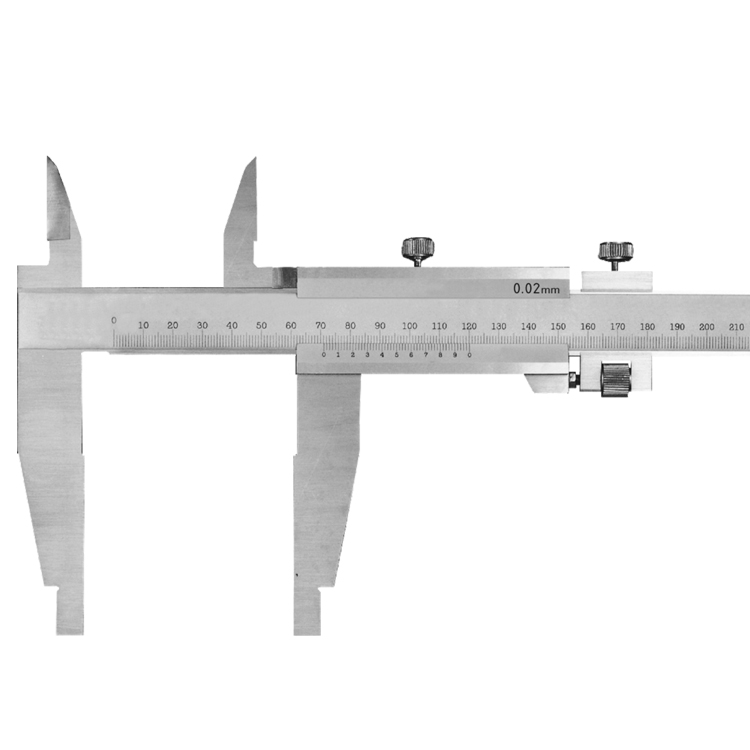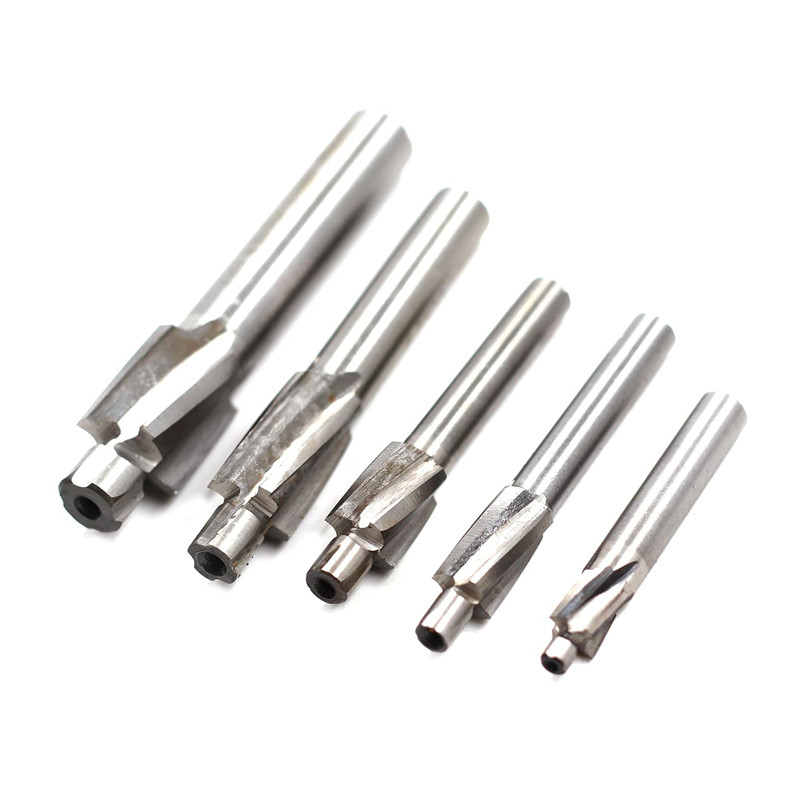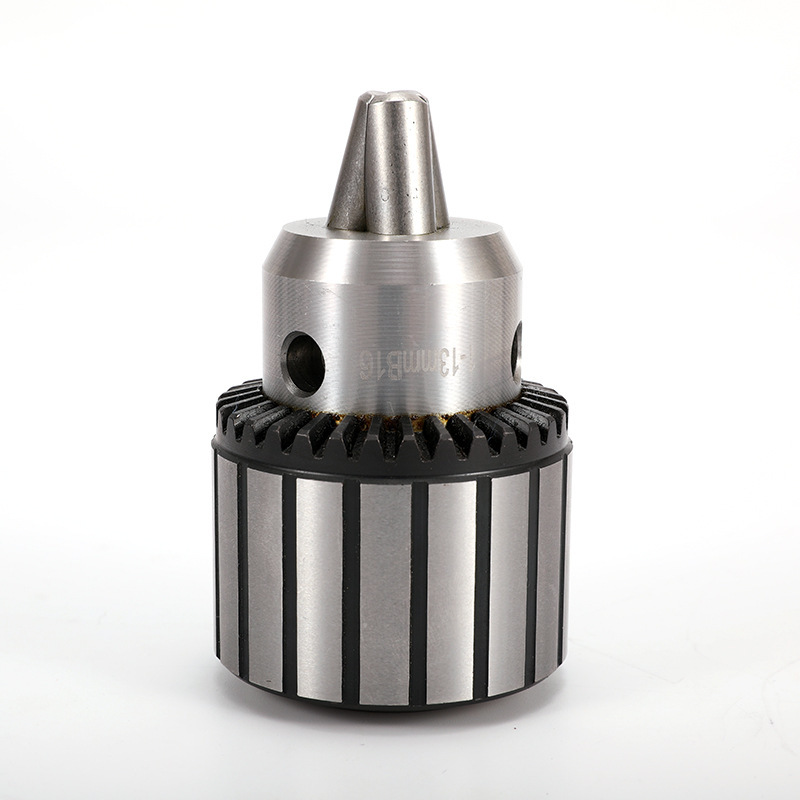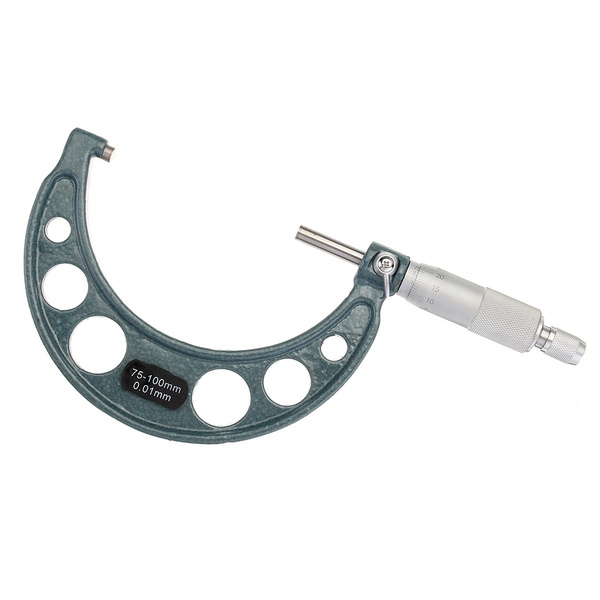Drill chuck Factory
Navigating the world of drill chuck manufacturing can be complex. This guide offers a detailed overview of drill chuck types, materials, manufacturing processes, quality control measures, and how to choose the best drill chuck for your specific needs. We also cover common problems, maintenance tips, and future trends in the drill chuck industry.
Understanding Drill Chucks
What is a Drill Chuck?
A drill chuck is a specialized clamp used to hold a rotating tool (like a drill bit) in a drilling machine. It's a critical component for transferring torque and ensuring accurate drilling.
Types of Drill Chucks
There are several types of drill chucks, each with unique features and applications:
- Keyed Chucks: These require a chuck key to tighten and loosen the jaws. They are generally more robust and offer higher clamping force.
- Keyless Chucks: These can be tightened and loosened by hand, offering convenience and speed. They are suitable for lighter-duty applications.
- Impact Driver Chucks: Designed specifically for impact drivers, these chucks can withstand the high torque and vibrations generated by these tools.
- SDS Chucks: Used in rotary hammers, SDS (Slotted Drive System) chucks allow for quick and easy bit changes without the need for tools.
- Self-Tightening Chucks: The higher the drilling resistance, the more these chucks grip the bit. They are typically used on CNC machines.
Choosing the Right Drill Chuck: Factors to Consider
Selecting the correct drill chuck depends on several factors:
- Drill Size and Type: The chuck's capacity should match the range of drill bit sizes you intend to use.
- Application: Consider the type of material you'll be drilling and the required precision. Heavy-duty applications may require a keyed chuck, while lighter tasks may be suitable for a keyless chuck.
- Tool Compatibility: Ensure the chuck is compatible with your drilling machine's spindle or arbor. Common mount types include threaded, tapered (Jacobs taper), and SDS.
- Budget: Drill chuck prices vary depending on the quality, features, and brand.
Drill Chuck Materials and Manufacturing
Common Materials
Drill chucks are typically made from high-quality steel alloys to ensure durability and resistance to wear and tear. Common materials include:
- High-Carbon Steel: Offers good strength and hardness.
- Alloy Steel: Provides enhanced toughness and resistance to deformation.
- Powdered Metal: Allows for complex geometries and improved wear resistance.
Manufacturing Processes
The manufacturing process of a drill chuck involves several steps:
- Forging/Casting: Creating the basic shape of the chuck body and jaws.
- Machining: Precisely shaping the components using CNC machines to achieve the required tolerances.
- Heat Treatment: Hardening the steel to improve wear resistance and durability.
- Grinding: Achieving a smooth surface finish for optimal performance.
- Assembly: Putting together the individual components to create the final drill chuck.
Quality Control in Drill Chuck Manufacturing
Rigorous quality control is essential to ensure the performance and reliability of drill chucks. Key quality control measures include:
- Material Testing: Verifying the properties of the steel alloys used.
- Dimensional Inspection: Ensuring that the components meet the specified dimensions and tolerances.
- Hardness Testing: Checking the hardness of the heat-treated parts.
- Runout Testing: Measuring the concentricity of the chuck to ensure accurate drilling.
- Torque Testing: Evaluating the clamping force of the chuck.
Common Problems and Solutions
Here are some common problems encountered with drill chucks and their solutions:
- Slippage: The drill bit slips in the chuck. Solution: Tighten the chuck more securely or use a keyed chuck for higher clamping force.
- Worn Jaws: The jaws become worn or damaged, affecting the grip. Solution: Replace the chuck.
- Difficult to Tighten/Loosen: The chuck becomes stiff or difficult to operate. Solution: Clean and lubricate the chuck mechanism.
Drill Chuck Maintenance Tips
Proper maintenance can extend the life of your drill chuck:
- Regular Cleaning: Remove debris and dirt from the chuck mechanism.
- Lubrication: Apply a light machine oil or grease to the jaws and internal components.
- Proper Storage: Store the chuck in a dry and clean environment.
- Avoid Over-Tightening: Over-tightening can damage the chuck mechanism.
Leading Drill Chuck Factories and Brands
Several reputable drill chuck factory and brands offer high-quality products. Some well-known names include:
- Jacobs Chuck
- Rohm
- Albrecht
- Yuasa
- Wayleading Tools (www.wayleading.com): Specializing in providing reliable and durable tool holding solutions.
The Future of Drill Chuck Technology
The drill chuck industry is constantly evolving, with advancements in materials, manufacturing processes, and design. Some future trends include:
- Smart Chucks: Chucks equipped with sensors to monitor clamping force, vibration, and temperature.
- Additive Manufacturing: Using 3D printing to create complex chuck designs.
- Improved Materials: Developing new steel alloys with enhanced wear resistance and durability.
Purchasing Drill Chucks from a Drill Chuck Factory
When sourcing drill chucks, consider the following:
- Factory Reputation: Choose a drill chuck factory with a proven track record of quality and reliability.
- Certifications: Look for factories with ISO 9001 certification or other relevant quality standards.
- Customization Options: Determine if the factory offers customization options to meet your specific needs.
- Warranty and Support: Ensure the factory provides a warranty and offers technical support.
Understanding the nuances of drill chucks, from their types and materials to their manufacturing processes and quality control, is crucial for making informed decisions. Whether you're a professional machinist or a DIY enthusiast, choosing the right drill chuck will significantly impact your drilling performance and efficiency. Remember to check out Wayleading Tools at www.wayleading.com for reliable tool holding solutions.
| Feature | Keyed Chuck | Keyless Chuck |
|---|---|---|
| Clamping Force | Higher | Lower |
| Convenience | Lower | Higher |
| Durability | Generally Higher | Moderate |
| Application | Heavy-duty Drilling | Light-duty Drilling |
Disclaimer: All data and information are based on general industry knowledge and should be verified with specific product specifications.
Related products
Related products
Best selling products
Best selling products-
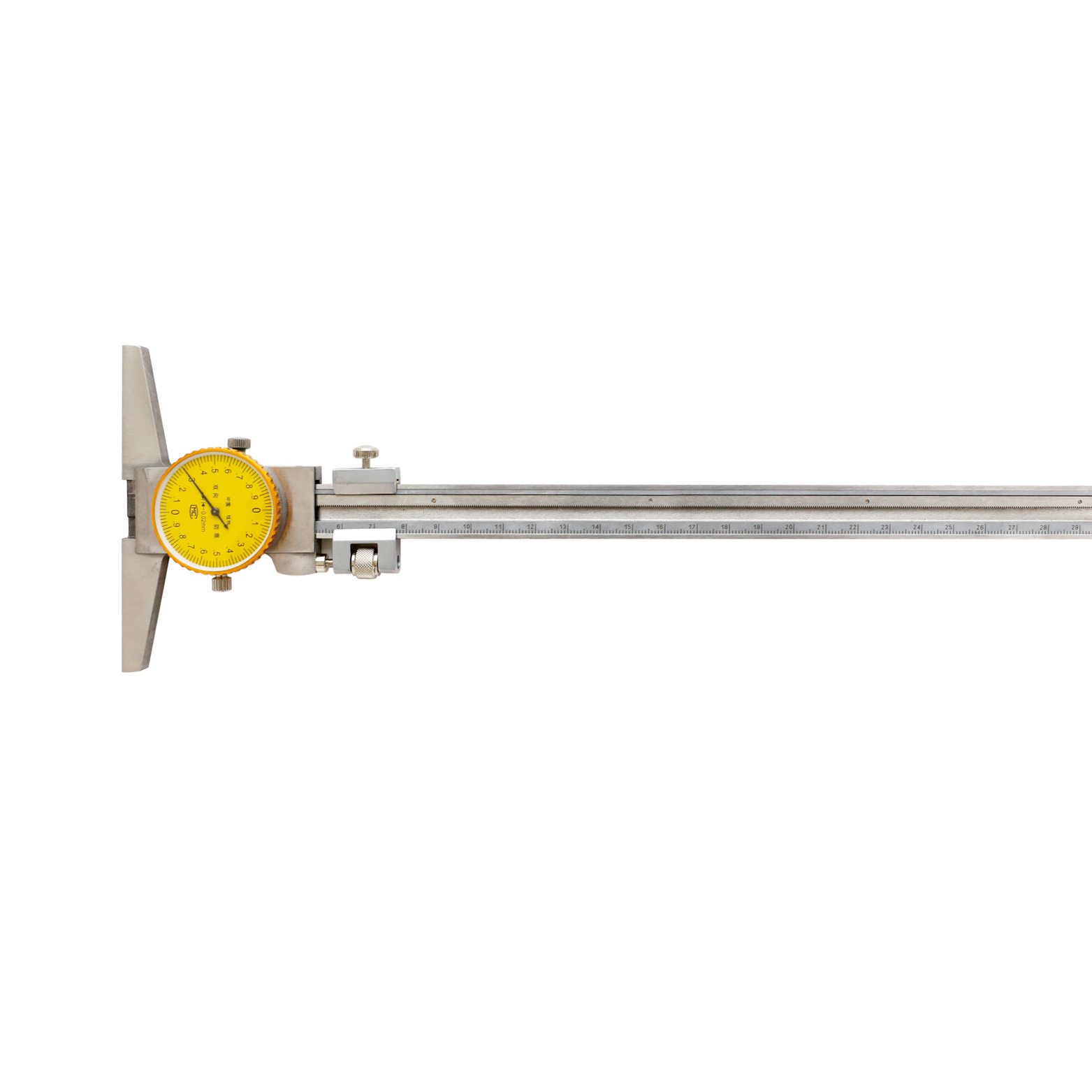 Dial Depth Gauge With Stainless Steel For Industrial Type
Dial Depth Gauge With Stainless Steel For Industrial Type -
 ANSI B94 HSS Jobber Length Drill Bits Fully Ground
ANSI B94 HSS Jobber Length Drill Bits Fully Ground -
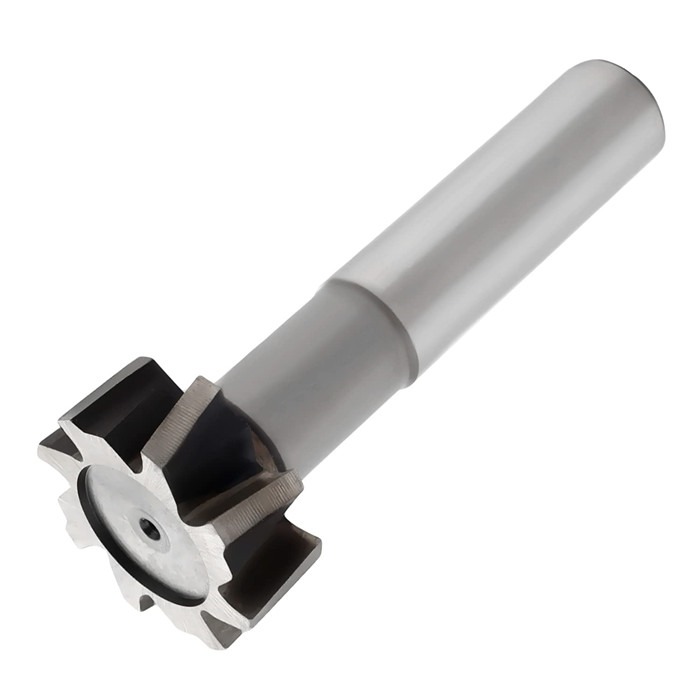 HSS Metric & Inch T Slot End Mill For Industrial
HSS Metric & Inch T Slot End Mill For Industrial -
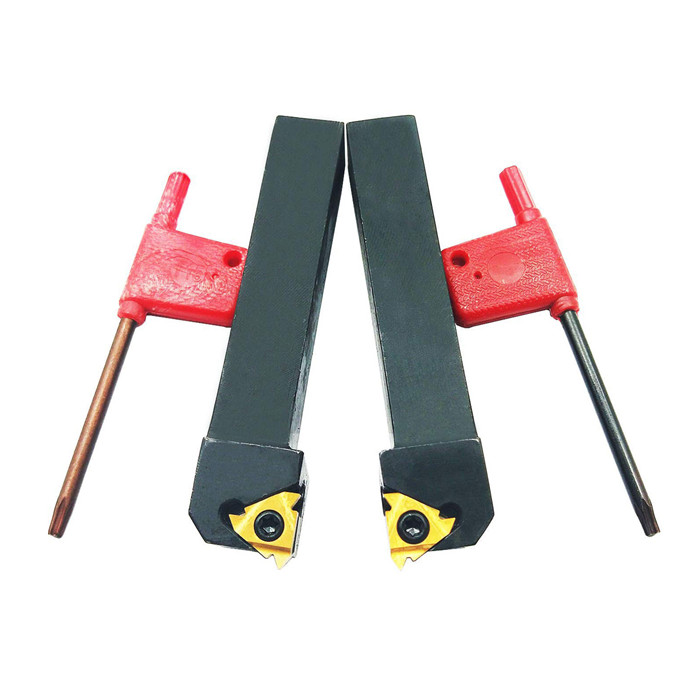 Indexable SER & SEL Threading Tool Holder With Metric & Inch Size
Indexable SER & SEL Threading Tool Holder With Metric & Inch Size -
 Precision Vernier Caliper Of Metric & Imperial For Industrial
Precision Vernier Caliper Of Metric & Imperial For Industrial -
 HSS Inch Screw Slotting Saws For Industrial With Bright Or TiN Coated
HSS Inch Screw Slotting Saws For Industrial With Bright Or TiN Coated -
 Straight Shank ER Collet Chuck Holders With Extending Rod
Straight Shank ER Collet Chuck Holders With Extending Rod -
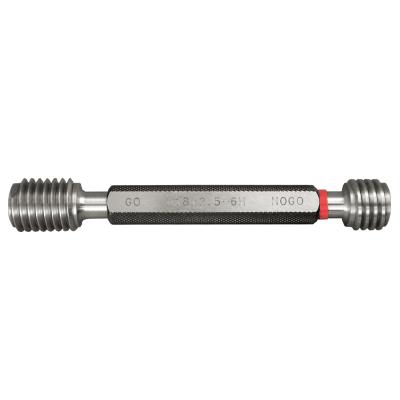 Metric Thread Plug Gauge 6H Accuracy With Go & NO Go
Metric Thread Plug Gauge 6H Accuracy With Go & NO Go -
 Precision Outside Micrometer Set With digit Counter Of Inch & Metric With Rachet Stop
Precision Outside Micrometer Set With digit Counter Of Inch & Metric With Rachet Stop -
 Deburring Tool Holder For The Deburring Tool Blades
Deburring Tool Holder For The Deburring Tool Blades -
 Stub Milling Machine Arbor With NT, R8 and MT Shank
Stub Milling Machine Arbor With NT, R8 and MT Shank -
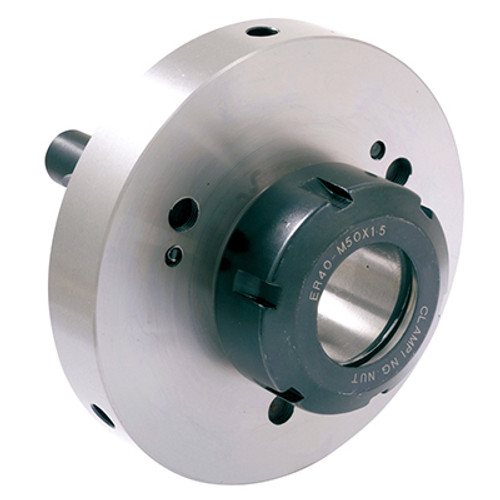 Camlock ER Collet Fixture With Lathe Collet Chuck
Camlock ER Collet Fixture With Lathe Collet Chuck

